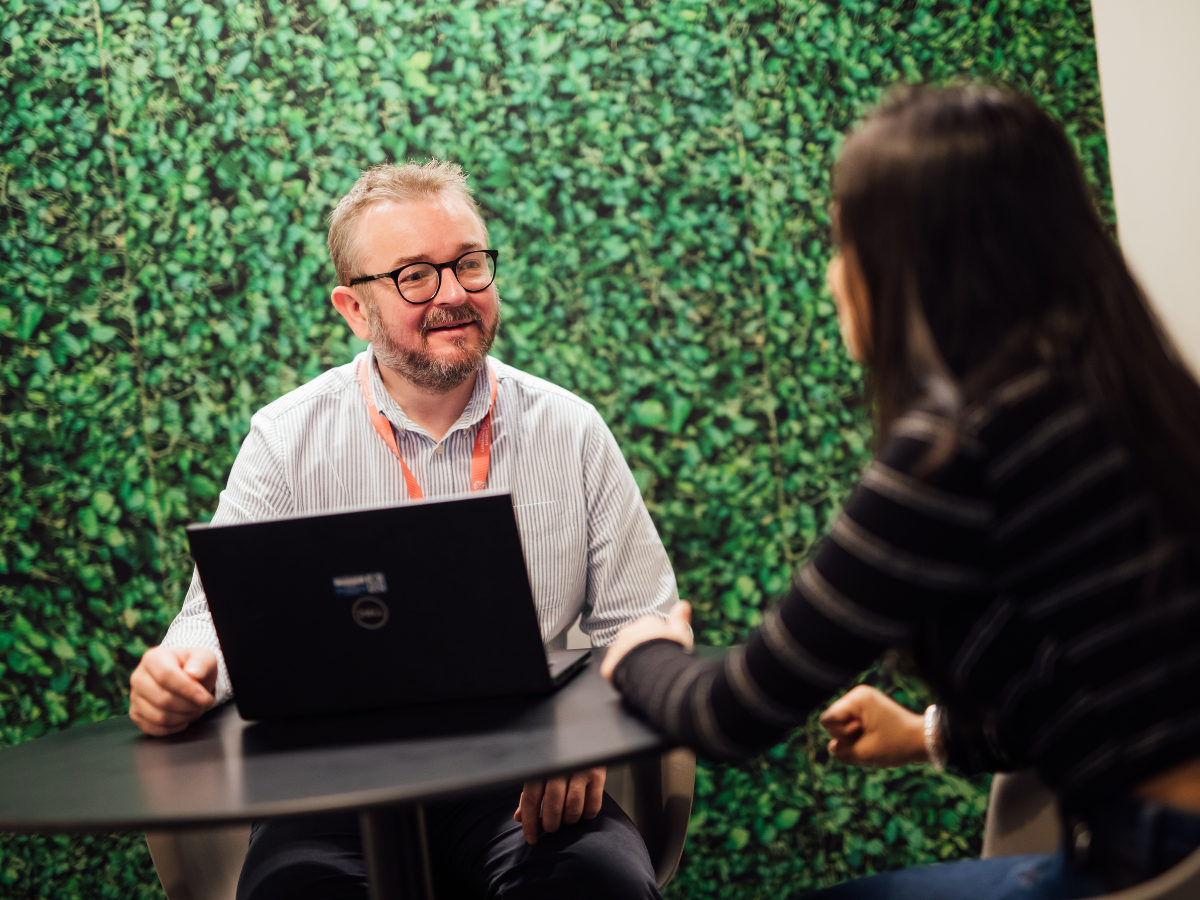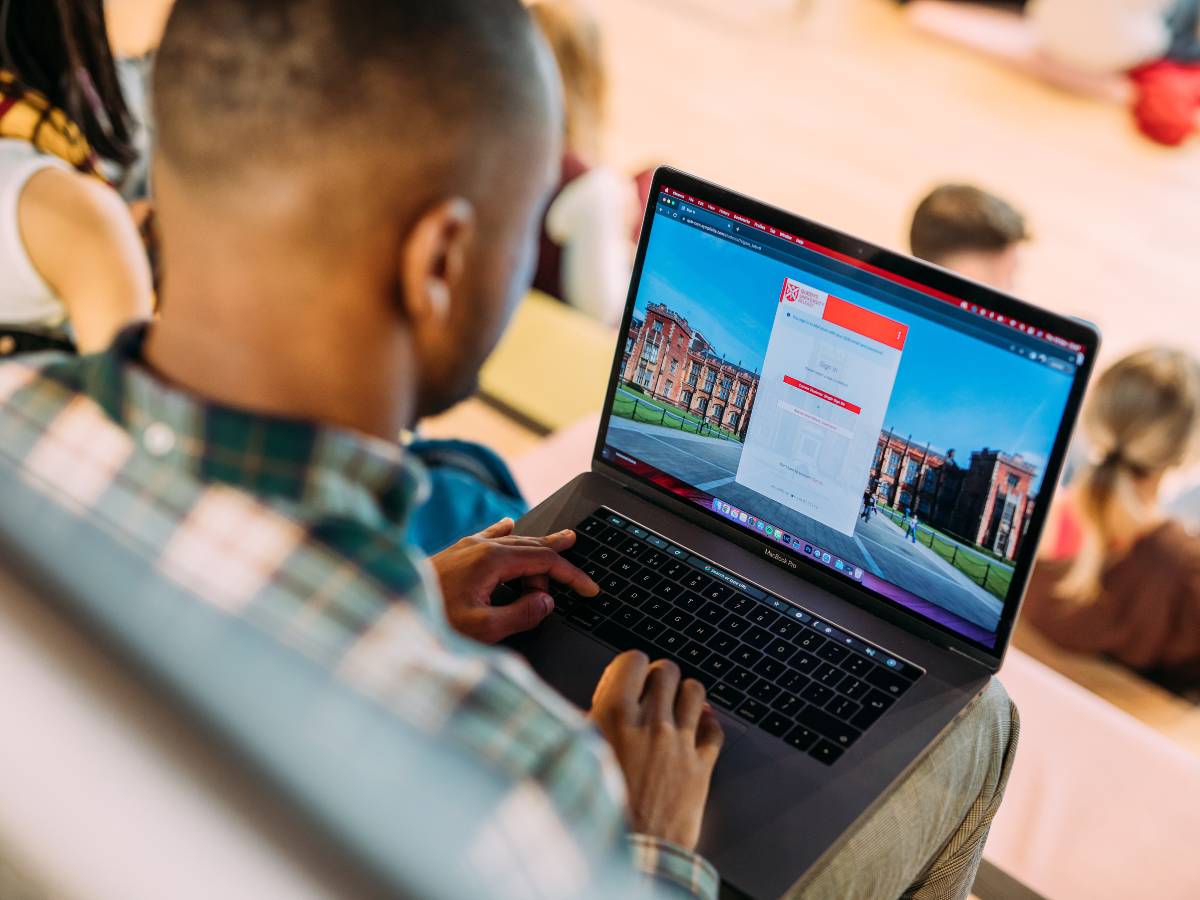“What do employers look for in students and graduates for employment?”
“Its very much understanding what each individual has done with their life, not just their academic life. So, its understanding where they have worked in teams, being able to work with different people, how they have been able to manage projects” – Mark Shimmings, Deloitte
“It’s really important for students to try their best to speak to as many employers, putting themselves out there and see if they can do volunteer days, work placement opportunities different things like that because it really gives you a great idea of the industry that you want to go into and the different people you can meet and also helps to build your confidence with talking to different people and professionals” – Eilish Crickard, ESO
“A lot of our interviews as about your collaboration, your teamwork, your communication skills” – Claire Brennan, FinTrU
“We look for people who can put into practice what they’ve learned and can take a practical approach and a very personable approach to what we do” – Brian Moss, Worthingtons solicitors
“You see a lot of amazing CVs but its not really just about what you’ve studied and what you’ve done its about being able to apply those skills, being able to communicate with people… its really important to try different things and put yourself out there and just try build your CV because lots of people have a degree nowadays so its trying to find that niche that will make you more attractable to employers” – Eilish Crickard, ESO
“Obviously, a degree is important in a lot of the roles but not all of them but yes additional to that, its how they utilise what they’ve done through their life as well as their degree and can align the skills that they’ve learnt in order to use those in their roles moving forward.” – Emma McCourt, NIE Networks
“We don’t expect people to have working experience but there are so many transferable skills from the clubs, societies.” – Niamh Heaney , FinTrU
“Extracurricular activities such as the, you can see everywhere here about the clubs and the societies that’s very important for us at Baker McKenzie as well, we have so many clubs and committees, so if they have any information like that on their CV, again just makes them stand out a little bit more.” – Sarah Fowler, Baker McKenzie
“Why do employers come to QUB campus for recruitment?”
“Queen’s produce some really excellent graduates and it’s the range of graduates that come out of Queens within Deloitte we are looking for a wide range of skills and Queen’s equips the students with those range of skills, not just academic but softer skills that we are looking for” – Mark Shimmings, Deloitte
“The reputation the university, the quality of the teaching is all huge positives for coming specifically to Belfast, and to Queen’s.” – John Paul Cooney, Bank of America
“There is a number of Queen’s students that are already working for us and that their dedication, enthusiasm and desire to work for our business is just amazing and we love having them on the team, they’re great fun and absolutely know their subject” – Helen Sayers, Cooneen Group











